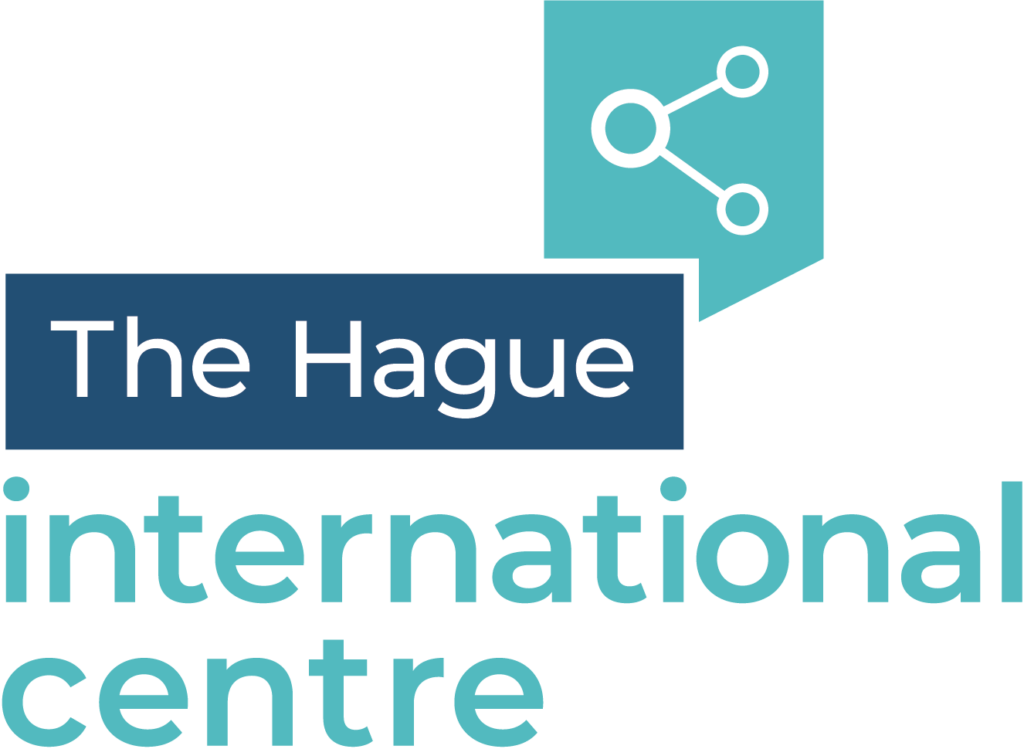The Netherlands, with its rich history, picturesque landscapes, and vibrant cities, has long been a magnet for expatriates seeking a new adventure in Europe. From the bustling streets of Amsterdam to the serene canals of Utrecht, the charming countryside, and the political hub of The Hague, this small yet diverse nation offers an excellent quality of life. If you’re considering moving to the Netherlands, you’re in for a treat. This step-by-step guide will help you navigate the process and ensure a smooth transition to Dutch life.
1. Understand the visa requirements
Before packing your bags and booking a one-way ticket to Schiphol Airport, it’s crucial to understand the visa requirements. The Netherlands, like many other European countries, has distinct regulations for non-European Union (EU) and non-European Economic Area (EEA) citizens. Depending on the purpose of your stay (work, study, family reunion, or other reasons), you’ll need to apply for the appropriate visa or residence permit.
- Tourist Visa: If you’re from a non-EU/EEA country and plan to stay in the Netherlands for up to 90 days, you typically need a Schengen visa.
- Residence Permit: For longer stays or specific purposes like work or study, you’ll need a residence permit. The type of permit depends on your situation, so check with the Dutch Immigration and Naturalization Service (IND) for the right one.
- Sponsorship: Many residence permits require a Dutch sponsor, like an employer or educational institution. Ensure you have the necessary documents and job or enrollment confirmation.
2. Housing: Find your Dutch home
Housing in the Netherlands can be competitive and expensive, particularly in major cities like Amsterdam, Rotterdam, The Hague and Utrecht. Here are some tips for securing a place to live:
- Start Early: Begin your housing search well in advance. You may need several weeks to find the right place, especially in a competitive market.
- Online Resources: Websites like Funda and Pararius are excellent sources for rental/buying listings.
- Short Stay Apartments: As you navigate the process of finding a more permanent home in the Netherlands, you may find it beneficial to explore short stay apartment options. 348 Suites is one of the well-known providers in The Hague, offering fully furnished, serviced and conveniently located apartments for short-term stays. However, there are several other short stay providers in the city, each offering their own solutions to accommodate your need for a comfortable place to live while you search for a permanent residence.
- Register with Housing Agencies: Consider registering with local housing agencies who can help you find suitable accommodation.
- Networking: Expats groups and online forums can be valuable resources for housing tips and recommendations.
Whether you opt for a short stay apartment or traditional rental, remember to investigate all your housing options carefully. Starting with a temporary residence can ease the stress of your initial arrival, and it gives you the time to explore different neighborhoods before committing to a long-term home.
3. Legalities and bureaucracy
The Dutch are known for their adherence to rules and regulations. Therefore, be prepared for some paperwork and bureaucracy:
- Register at the Municipality: After finding your new home, make sure to register with the local municipality. This is a legal requirement.
- BSN (Citizen Service Number): You’ll need a BSN, a unique identification number, for various official matters, including work and healthcare. You can get this at the municipality.
- Health Insurance: Health insurance is mandatory in the Netherlands. Research and choose the right insurance provider to avoid fines.
4. Integration and language
The Dutch are generally proficient in English, but learning the local language, Dutch, can greatly enhance your experience and job prospects. Consider enrolling in language courses and immerse yourself in the culture. Integration can also help with social connections and feeling at home.
5. Embrace Dutch culture
Finally, embrace Dutch culture and lifestyle. The Netherlands is known for its work-life balance, cycling culture, and gezelligheid (a sense of coziness and togetherness). Take the time to explore the local cuisine, enjoy Dutch art and history, and participate in community events.
Moving to a new country can be challenging, but with careful planning and a willingness to adapt, your experience of immigrating to the Netherlands can be a fulfilling and enriching adventure. Remember, patience and a positive attitude will go a long way in making your transition to Dutch life a smooth one. Enjoy your new home in the land of windmills, tulips, and endless possibilities!

